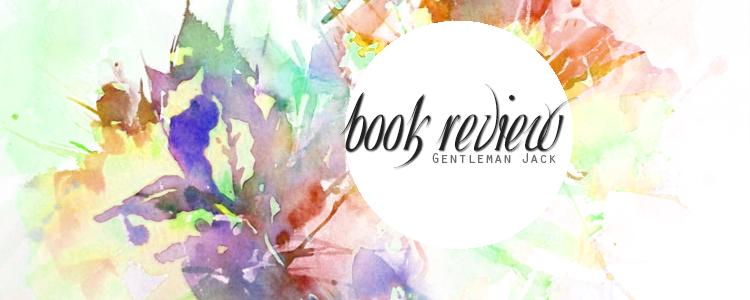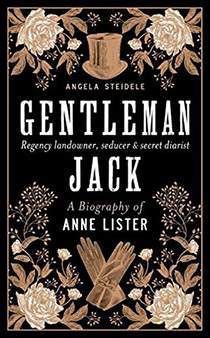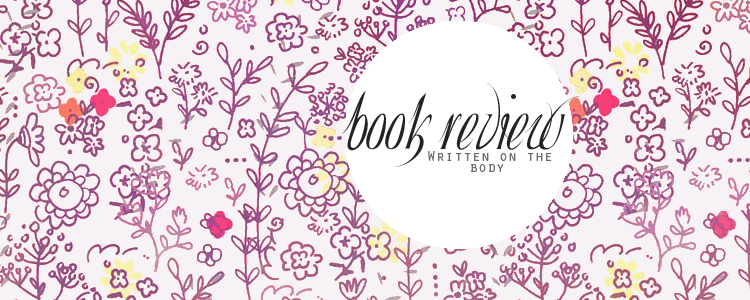
Another non-fiction book today – this time a biography of Anne Lister. For anyone unfamiliar with Anne Lister, she was an obsessive diarist who wrote not only her day to day minutiae of being a female landowner but also is known for being an unapologetic lesbian. Her diary is filled with coded entries of her relationships with women – quite a few of them – and this is a biography which explores her outside her own words.
So, I did listen to this on audiobook. While the narration was sublime (thank you Heather Peace), I don’t think this particular book suited the format as well as I had hoped. The book uses extracts of her diary and puts information around them, it’s prose-y in places which is fine but in audio it’s quite hard sometimes to distinguish what was written by Anne and what was added by the biographer as diary snippets are just thrown in the middle of sentences and paragraphs to put things in to Anne’s own words next to the biographers own. It’s a little jarring at times.
My main issue with this, aside from the fact I listened to it rather than read it, is that I don’t think the author actually understood the period, or the topic at hand, properly. I do think that her naivety comes through. She did say at one point that she has not read Anne Lister’s diaries in full, and I don’t think she read much source material at all. It feels like she picked the bits that suited her and put a narrative around them. She took the sex and romance and put her own interpretation on it, which really just takes away from the complexity that was Anne Lister. Additionally, in the final chapter/epilogue there was a paragraph which basically went on to say that there was “no consequence” for Anne and Ann (her wife) living as a married couple and while I’ve read very little around Anne Lister, I know that this is not true at all. They were practically shunned, subject to homophobic attacks, and to paint Anne Lister’s life as some Jane Austen romance is not fair, or right, at all.
Anne Lister was not perfect – she had numerous wives, cheated on most of her partners, 2 of her ex-partners were institutionalised and, to top it all off, she was a Tory. She was not perfect by any stretch of the word but I feel this book completely removed her of all nuance. She was a highly educated woman, long before that was socially acceptable for women, she was well travelled – there is so much more to her, more depth than the women she was in relationships with.
I gave this 3 stars because parts of it were good, the narration was impeccable and I had knowledge about Anne Lister away from this book to fill in some gaps myself. But I think if you’re looking for a more in depth look at Anne Lister, this isn’t the book for you. If you want a romanticised version of her that defines her by the women she was in relationships with (each section of her life is separated by her partner of the time) and nearly completely erases the homophobia? Give it a whirl.






